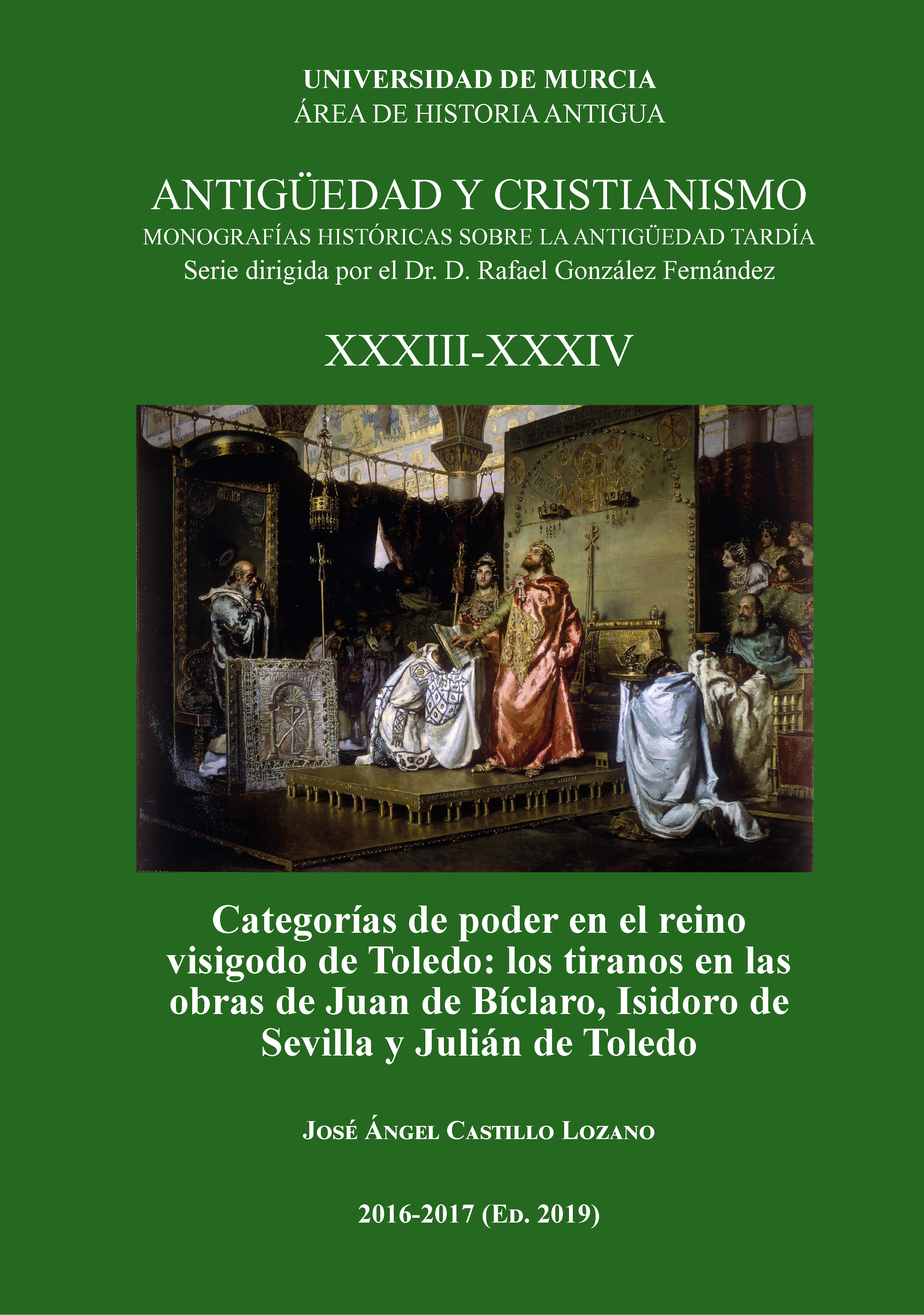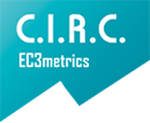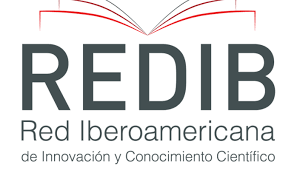Marc Léopold Benjamin Bloch Epstein (1886-1944)
Abstract
With this work we intend to remember Marc Bloch’s role as one of the essential authors and intellectuals who caused the historiographical renovation of the 20th century in all senses. Through a review throughout his biography and his work, we intend to place value on the intellectual work he led at the universities of Strasbourg and Sorbonne, as well as his work in the so-called School of the Annales, of which he was a co-founder. His studies and refl ections about history theory were the basis on which many young students have found their vocation in history, as well as his bibliographical contributions allowed a whole generation to renew the vision of the past and the work methodology of the historian.Downloads
-
Abstract1224
-
PDF (Español (España))510
References
Aguirre Rojas, C. A. (1995). “Marc Bloch: In memoriam”, Manuscrits, 13, 207-217.
Aguirre Rojas, C. A. (1999), La Escuela de los Annales. Ayer, hoy y mañana. México D. F.: Contrahistorias.
Aguirre Rojas, C. A. (2001). “La corriente de los Annales y su contribución al desarrollo de la Historia económica en Francia”, Aportes, 6, 17, 11-36.
Aguirre Rojas, C. A. (2002). “El itinerario intelectual de Marc Bloch y el compromiso con su propio presente”, Contribuciones desde Coatepec, 2, 72-94.
Aguirre Rojas, C. A. (2007). Antimanual del mal historiador, Barcelona: Montesinos, 7.
Almira Picazo, C. (2013). Adelante muchachas/os, por la democracia, Campo do Forno: Enxebre.
Altman, G. (1945). “Vive la France!”, CP, 8, 2.
Atsma, H. y Burguière, A. (1990). Marc Bloch Aujourd’hui, Paris: École des Hautes Études en Sciences Sociales.
Aurell, J. et al. (2013). Comprender el pasado. Una historia de la escritura y el pensamiento histórico, Barcelona: Akal.
Bloch, M. (1988) Los Reyes Taumaturgos, México: Fondo de Cultura Económica.
Burguière, A. (1991). Diccionario Akal de Ciencias Históricas, Madrid: Akal.
Daileader, P. y Whalen P. (2010). French Historians 1900-2000: New Historical Writing in Twentieth-Century France, Chichest: Wiley-Blackwell, 38.
Dosse, F. (2006). La Historia en migajas, de Annales a la “nueva historia”, México D. F.: Universidad Iberoamericana.
Duby, G. (1980). The Chivalrous Society, Los Angeles: University of California Press.
Dumoulin, O. (2003). Marc Bloch o el compromiso del historiador, Valencia: Universidad de Valencia.
Febvre, L. (1933). “De l’Histoire tableau: essais de critique constructive”, Annales d’histoire économique et sociale, 5, 21, 267-281.
Fink, C. (2004). Marc Bloch: una vida para la historia (Traducción de Manuel Ardit), Valencia: Universidad de Valencia
Friedman, S. (1996). Marc Bloch, Sociology and Geography: Encountering Changing Disciplines, Cambridge: Cambridge University Press.
Gilly, A. (2006). Historia a contrapelo: una constelación, México D.F.: Era.
Ginzbourg, C. (2018). Cinco refl exiones sobre Marc Bloch, México: Contrahistorias
Hughes-Washington, M. (2007). Five Key Thinkers on History, New York: Routledge, 11.
Iggers, G. (2012). Historiografía del siglo XX, Desde la objetividad científi ca al desafío posmoderno, México: Fondo de Cultura Económica.
Le Goff , J. (1992). History and Memory, New York: Columbia University Press, 10.
Lyon, B. (1990). “The Achievements of Marc Bloch”, French Historical Studies, 16, 4, 923-927.
Mastrogregori, M. (1989). “Le manuscrit interrompu: Métier d’historien de Marc Bloch”, Annales. Histoire, Sciences Sociales, 44, 1, 147-159.
Noiriel G. (1997). Sobre la crisis de la Historia, Madrid: Cátedra.
Ras, M. (2005). “Marc Bloch: Historiador, ciudadano, soldado”, Actas y comunicaciones del Instituto de Historia Antigua y Medieval, 1, 1-8.
Spang, R. (2005). “March Bloch: his life and legacy”, History Workshop Journal, 59, 284-286.
Sreedharan, E. (2004). A textbook of Historiography, 500 B.C. to A.D. 2000, Hyderabad: Orient Longman.
1. The authors non-exclusively assign the exploitation rights (reproduction, distribution, communication and transformation) to the magazine.
2. The works published in this magazine are subject to the Attribution-ShareAlike 4.0 International license (CC By SA 4.0). Therefore, they can be copied, used, disseminated, transmitted and publicly displayed, provided that:
i) the authorship and the original source of its publication (journal, editorial and URL of the work) are cited, thus allowing its recognition.
ii) it is allowed to remix, transform or create from the material while maintaining the same license as the original.
Note: Articles prior to 2022 incorrectly display the CC by SA license in the abstract page. They are under a CC by NC ND license as embedded in the article pdfs. Articles published in 2022 and after are under the CC by SA license.

3. Self-archiving conditions. Authors are allowed and encouraged to electronically disseminate the pre-print (version before being evaluated) and/or post-print (version evaluated and accepted for publication) versions of their works before publication, as it favors their publication. Earlier circulation and diffusion and with it a possible increase in its citation and reach among the academic community. Color RoMEO: verde.
























